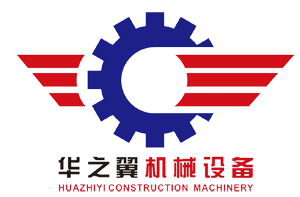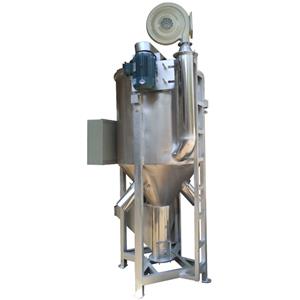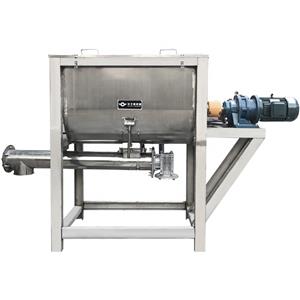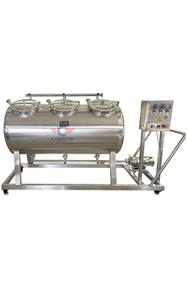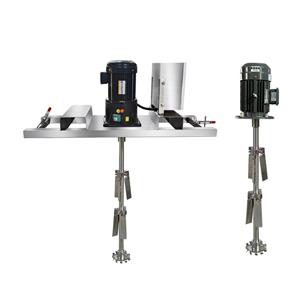Conveyor specification reference introduction
Screw conveyor
The function of the feeder is to transport materials from one end to the other. It can be transported in parallel or from bottom to top. The feeder we produce usually conveys powder and granules, as well as some sheet materials. For example: crushed material, saw foam, food powder, chemical powder, plastic particles, etc.;
The screw feeder can also be called: conveyor, auger, feeder, filler, powder adding machine, etc.
Types of screw feeder
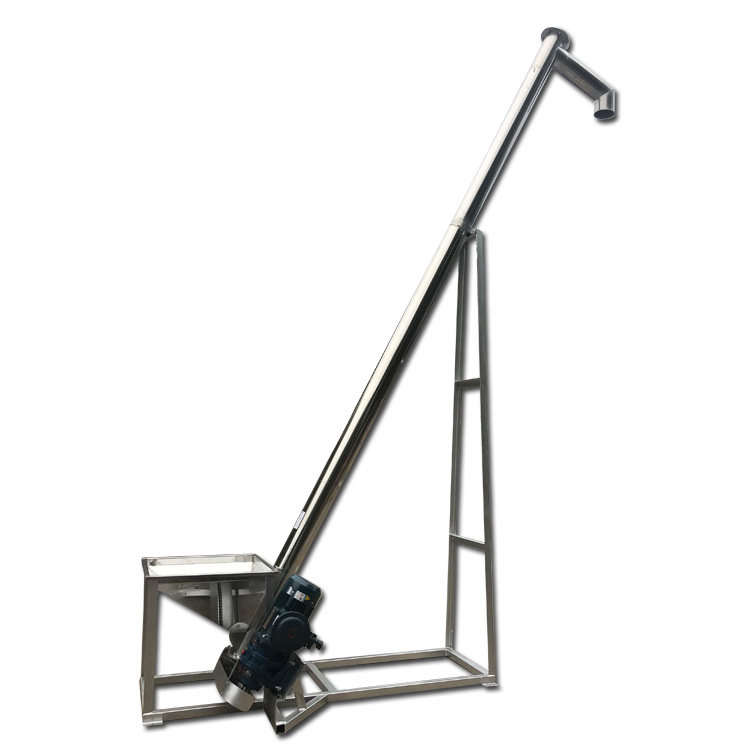
Round tube screw conveyor
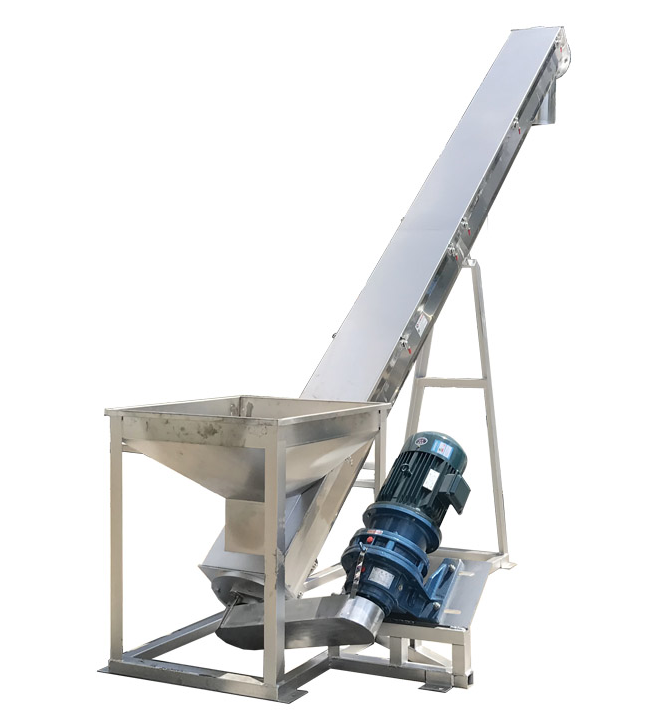
Round tube screw conveyor
The difference between round tube screw conveyor and U type screw conveyor
1. The shape of the conveying pipe is different;
2. U-shaped screw conveyor is better for cleaning, but the price is more expensive than round ones. It is suitable for materials that must be cleaned up in time after use. For example: sugar, viscous materials that are easy to solidify and agglomerate.
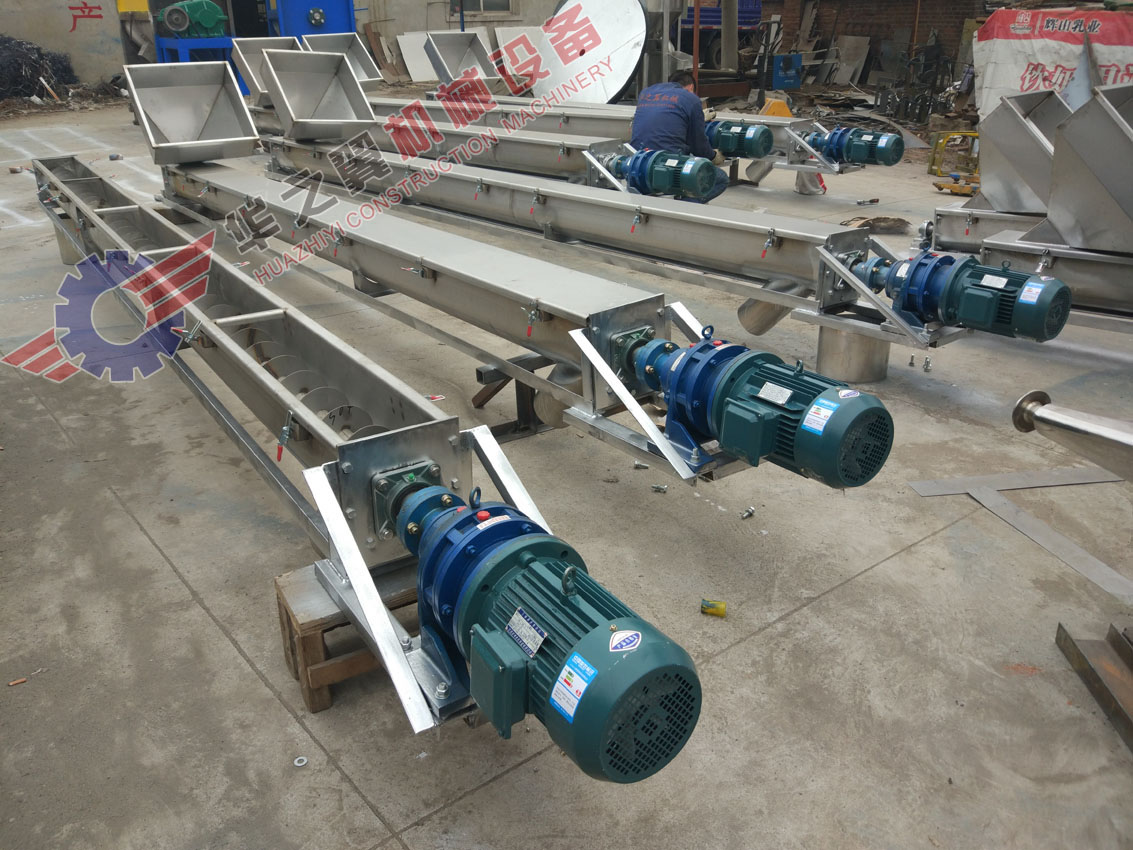
Note: Regarding the U-shaped feeder, the upper cover can be opened directly for cleaning.
The reason why it is more expensive is that there are more production processes and more raw materials used.
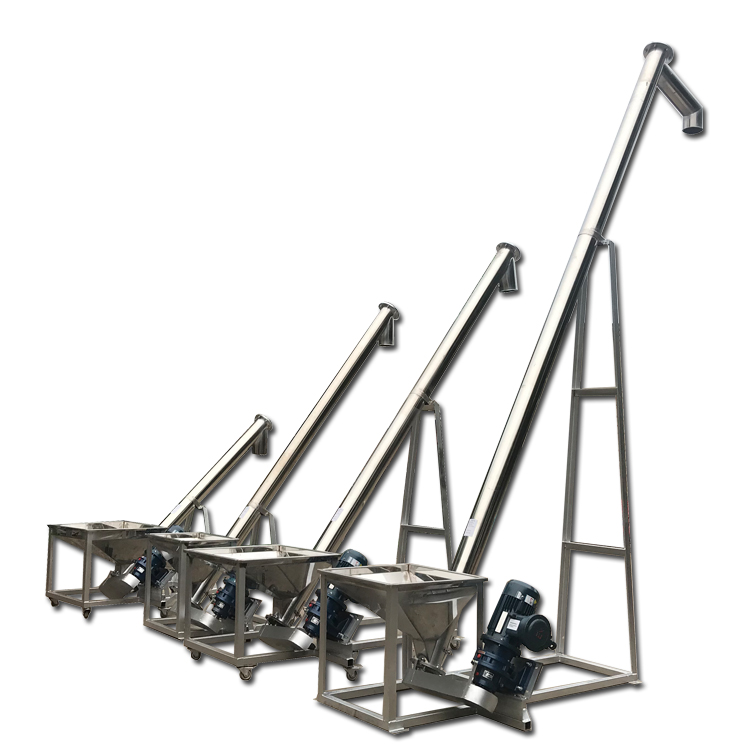
What are the diameters of round conveying pipes?
The specifications of stainless steel conveying pipes are:
108, 133, 141, 159, 219, 273 mm, etc. (GB standard)
At present, the commonly used conveying pipes are:
133, 159, 219, 273 mm.
What are the diameters of U-shaped conveying pipes?
U type conveying pipe diameter is usually more than 200MM
The U-shaped conveyor tube is rolled and processed by our factory, so the specifications can be made according to customer’s requirements.
For example: diameter 200MM, 220MM, 250MM, 280MM, 300MM, 350MM, etc., or other diameters can be made according to customer’s requirements.
It is different from the round, the round conveying pipe is ordered, and the pipe diameter complies with the GB standard.
The thickness of the U-shaped conveying pipe is usually 2MM or 2.5MM, and the maximum can only be 3MM, because the larger diameter machine cannot roll it.
What is the conveying mode of the screw feeder?
Note:
1. The angle of the inclined type conveying can be customized according to customer’s requirements. If the customer does not require it, we default to a 45° angle.
2. Vertical conveyors are usually suitable for materials that are easy to convey, or granular materials (such as: biomass particles, urea particles, plastic particles, etc.). It is not suitable for powders with poor fluidity and materials with too good fluidity. Ordinary vertical feeder, the height is usually below 3 meters.
Because materials with poor fluidity are difficult to transport upwards; materials with excessive fluidity are easy to slip and flow downwards and cannot be transported upwards.
If the conveying height of the vertical feeder exceeds 3 meters, it is usually recommended to use forced feeding.
The installation position of the motor
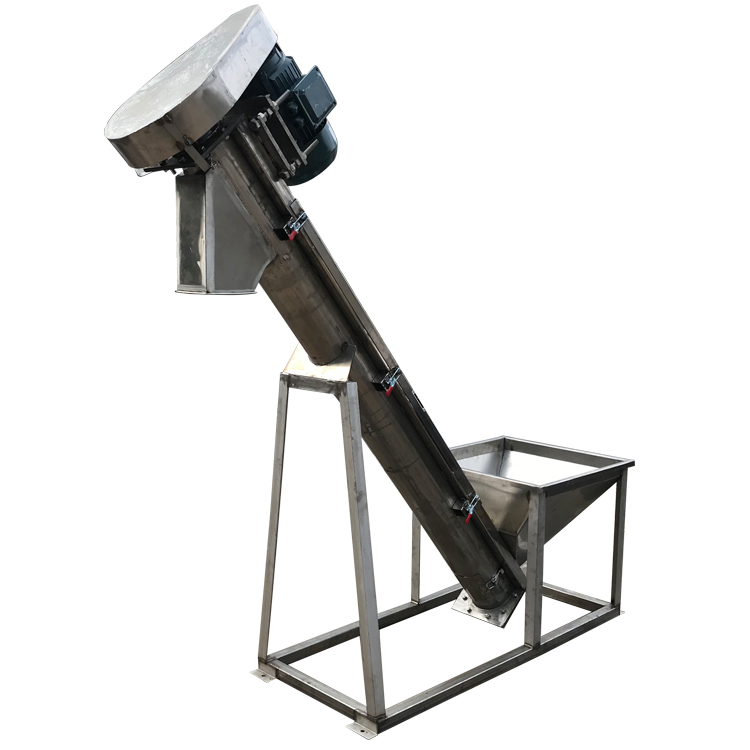
The motor is installed at the bottom
It is convenient to maintain the motor, but occupy the bottom space, and increase the height of the hopper (above 10cm or more).
The motor is mounted on the top
The advantage is that it does not occupy the bottom space.
The disadvantage is that it is inconvenient to maintain the motor, and the base needs to be fixed.
The motor is mounted on the top
The advantage is that it does not occupy the bottom space.
The disadvantage is that it is inconvenient to maintain the motor, and the base needs to be fixed.
